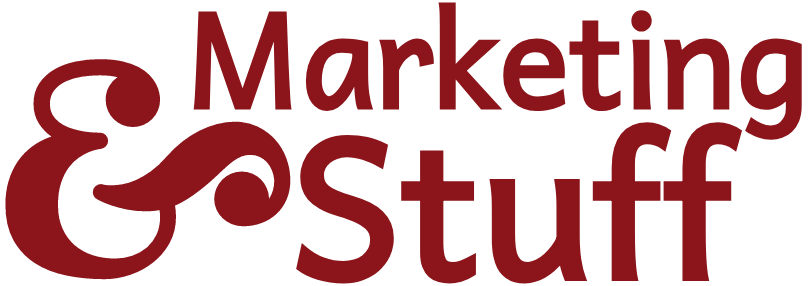It’s not always clear what marketers do, as even the details of what ‘marketing’ is vary between companies, industries and through time. (If anyone had said that social media could be a career choice back in 2004, few would have believed them.)
Let’s be honest, though. Marketing gets a pretty a hard rap in fiction and media. From Twenty Twelve’s Siobhan Sharpe through to the advertising executives that get shot into space in The Restaurant at the End of the Universe there are not many marketing heroes out there.
Although it’s not in the top ten of most hated professions, there’s a pervasive image of marketers as vacuous, useless people who don’t add much, apart from expense and justification for their own existence. And I can see where this image comes from – except that it’s from a mis-perception of what a marketing department actually does.
What marketing is vs what marketers do
On one hand there is the definition from the Chartered Institute of Marketing which says that Marketing is:
‘The management process responsible for identifying, anticipating and satisfying customer requirements profitably’.
www.cim.co.uk
This is woolly at best because it describes a process that sits across many different departments. Any good salesperson will make ‘identifying, anticipating and satisfying’ the demands of their customers central to what they do. Purchasing managers will also tell you of the crucial role they play in ensuring the company stays profitable.
On the other hand, there are any number of lists that have been gathered of the actual jobs that are undertaken by a marketing department – or in a small company by the lone marketing manager/executive/assistant. Chris Rand of Bmon created a list of the 74 tasks a marketing department does. I won’t repeat the full list, but it runs from managing the website and running events to crisis management, distributor support and selecting promotional items.
The glue that binds strategy to tactics
And this where the picture starts to come together as to why marketing is easily misunderstood, and why, as a function, it’s needed.
My definition of marketing:
‘Marketing is the department that binds the top-level corporate strategy (the ‘Where are we going?’) to the actions and decisions that make sure the company will achieve its goals (‘How do we get there?’).
Because it sits in the middle of strategy and tactics, to an outsider the tasks undertaken by the marketing department can seem a bit random and off the wall – and perhaps even a little pointless. One day everything will be about figures, spreadsheets and urgent requests for data, while the next day it looks like they are playing with executive toys and booking a department holiday (all in the interests of ensuring a really successful distributors event, of course). With the remit of branding, Marketing are the department that may be perceived as often trying to micromanage the work of other departments by insisting on specific fonts, colours and preventing ‘creativity’ with PowerPoint presentations.
Marketers have to tread the line between building and keeping good relations with other departments, while acting as a mediator between these departments when projects start to go off track, and even sometimes pulling the plug on other people’s pet projects. They must always keep both the best interests of the company and the best interests of the customer at heart.
So, what do marketers do all day? If they are any good, exactly what they need to get the job done.

